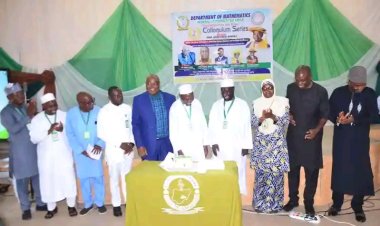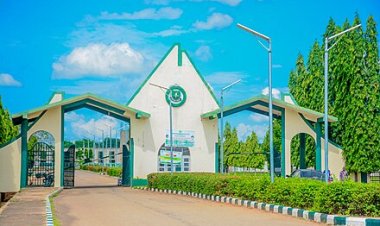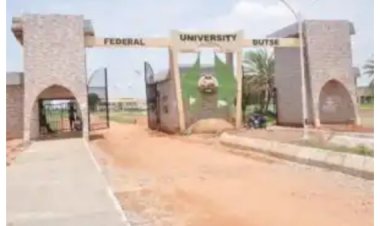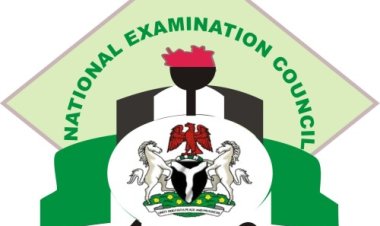Federal Government Trains 1,878 Teachers to Promote Inclusive Education in Nigeria
The Federal Government of Nigeria has trained 1,878 teachers to promote inclusive education as part of its commitment to achieving basic education for all.
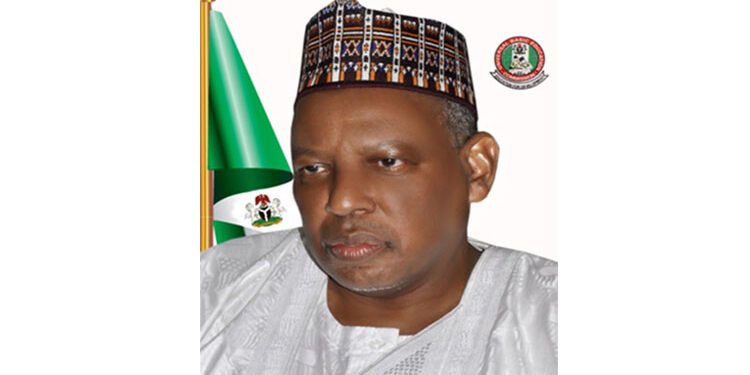
In a significant move to enhance inclusive education in Nigeria, the Federal Government has trained 1,878 teachers as part of its commitment to achieving basic education for all. The training, aimed at improving the Inclusive Education Delivery Process, took place in Uyo, the capital of Akwa Ibom State, and was organized by the Universal Basic Education Commission (UBEC).
Dr. Hamid Bobboyi, the Executive Secretary of UBEC, emphasized the government’s dedication to expanding access to quality education, particularly for children facing challenges that may hinder their schooling. During his address at the training workshop, held simultaneously at three venues, Bobboyi highlighted the importance of aligning with Sustainable Development Goal 4, which mandates inclusive and equitable quality education by 2030.
“Since the implementation of the universal basic education program in Nigeria, special needs education has received significant attention,” Bobboyi noted. He revealed that 2% of the Federal Government's consolidated revenue fund is allocated to special needs education, underscoring the government’s ongoing support for children with unique educational requirements.
According to the 2022/2023 National Personnel Audit conducted by INEC, there are 1,019 special basic schools in Nigeria, comprising 515 government schools and 504 private schools. Collectively, these institutions serve a total enrollment of 176,007 learners. Bobboyi acknowledged the role of private providers in delivering special needs education and the government's collaboration with these entities to enhance educational access.
To support inclusive education further, UBEC has procured assistive technologies tailored to the specific needs of learners. These technologies include braille machines, wheelchairs, and specialized learning materials for children with autism, ensuring that diverse learning needs are met.
The training workshop was designed to equip teachers with the necessary skills to address the challenges faced by students with special needs. Dr. Hajia Aisha Abdul, the Director of Special Programmes at UBEC, commended the initiative, noting that it included 50 teachers from 25 conventional schools and 2 teachers from 14 SMART schools across the nation.
To enhance the effectiveness of the training, UBEC has developed an inclusive training manual featuring ten distinct modules focused on capacity building. Furthermore, follow-up mentoring programs will be implemented to assist teachers in applying their theoretical knowledge within their schools.
This initiative signifies the Federal Government's ongoing commitment to promoting inclusive education in Nigeria, ensuring that every child, regardless of their background or abilities, has the opportunity to receive quality education.

 Chris Oyeoku Okafor
Chris Oyeoku Okafor 